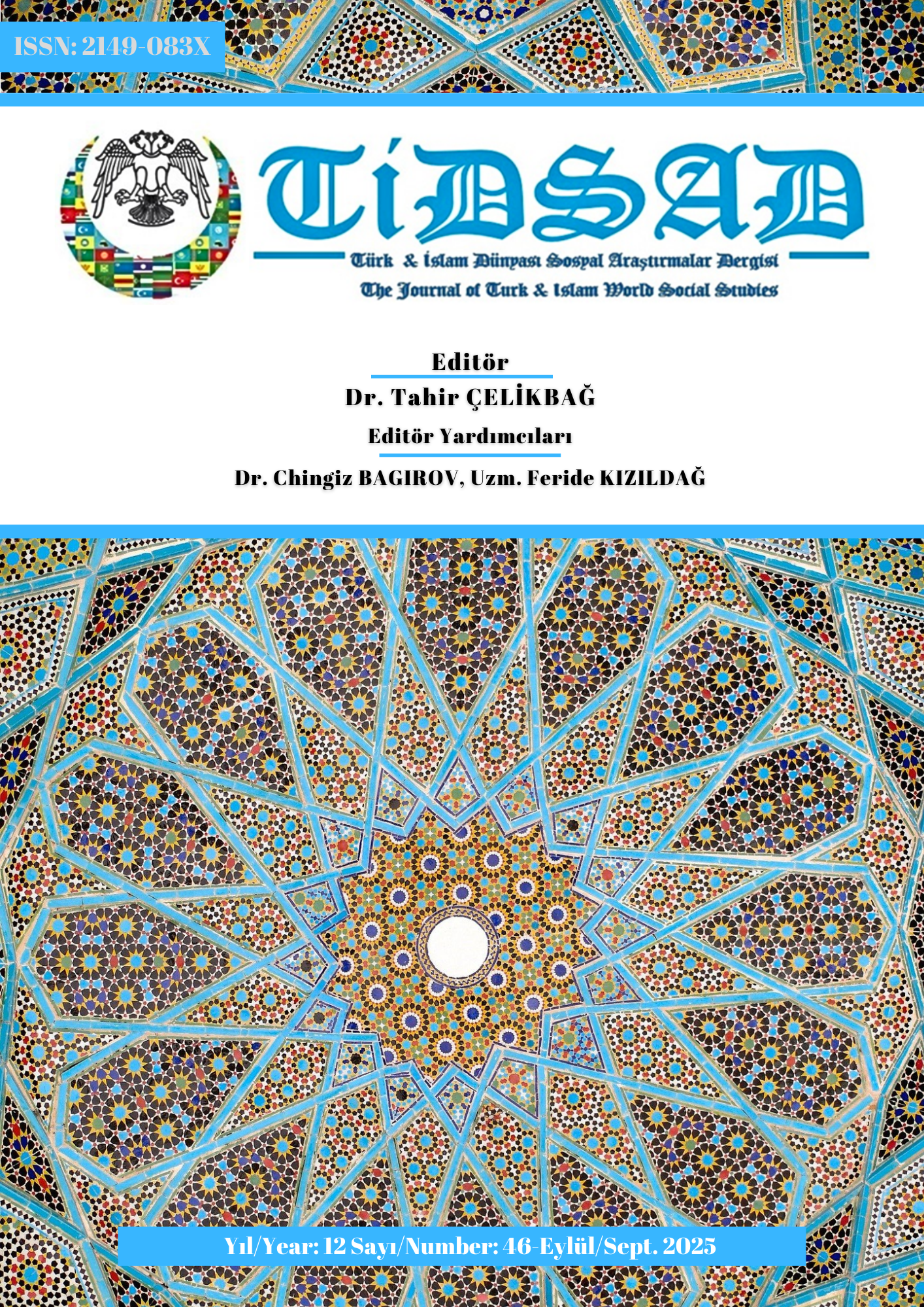Yabancı Dil Olarak İngilizcenin Öğrenimi Yapay Zeka ile Kuvvetlendirilebilir mi? Bir İnceleme Makalesi
Author :
Abstract
Yapay zekâ teknolojileri, eğitim alanında önemli bir dönüşüm sağlamaktadır. Geleneksel öğretim modelleri genellikle tüm öğrencilere aynı yöntemleri sunarken, yapay zekâ destekli sistemler bireysel öğrenme hızları ve ihtiyaçları doğrultusunda kişiselleştirilmiş eğitim deneyimleri sunmaktadır. Çalışma, yapay zekânın eğitim süreçlerine entegrasyonunu, sunduğu olanakları ve olası sınırlılıklarını ele alan bir inceleme makalesidir. Araştırmanın bulgularına göre, yapay zekâ destekli öğrenme ortamları öğrencilere özelleştirilmiş içerikler sunarak bireysel öğrenme süreçlerini desteklemekte, geri bildirim mekanizmaları sayesinde anında dönüşler sağlayarak öğrenme sürecini hızlandırmaktadır. Eğitimde kullanılan yapay zekâ uygulamalarının öğretmenlerin iş yükünü hafifletip daha etkili öğrenme stratejileri geliştirmelerine katkı sağladığı görülmektedir. Ancak, öğretmen-öğrenci etkileşiminin azalması, veri gizliliği ve etik kaygılar, teknolojiye erişimde yaşanan eşitsizlikler gibi faktörler, yapay zekâ destekli eğitim sistemlerinin geliştirilmesi sürecinde dikkat edilmesi gereken unsurlar arasında yer almaktadır. Çalışmanın sonuçlarına göre, yapay zekânın eğitimde öğretmenleri destekleyici bir araç olarak değerlendirilmesi ve gelecekte bu sistemlerin etkili bir şekilde kullanabilmesi için gerekli yetkinliklerin kazandırılması gerekmektedir.
Keywords
Abstract
The teaching and learning processes are changing significantly as a result of the growing use of artificial intelligence technology in the classroom. Artificial intelligence technologies also are accordingly providing a significant transformation in the field of education. While traditional teaching models generally offer the same methods to all students, artificial intelligence-supported systems offer personalized educational experiences in line with individual learning speeds and needs. The learning platforms with artificial intelligence support offer immediate feedback, enabling students to identify and fix their mistakes promptly. The study is a review article and examines the integration of artificial intelligence into educational processes, the opportunities it offers, and its possible limitations. According to the findings of the research, artificial intelligence-supported learning environments support individual learning processes by offering customized content to students and accelerate the learning process by providing instant feedback through feedback mechanisms. It is seen that AI applications used in education reduce the workload of teachers and contribute to the development of more effective learning strategies. However, factors such as decreased teacher-student interaction, data privacy and ethical concerns, and inequalities in access to technology are among the elements that need to be taken into consideration in the development of artificial intelligence-supported education systems. The results of the study also reveal that artificial intelligence should be evaluated as a tool to support teachers in education and the necessary competencies should be acquired in order for these systems to be used effectively in the future.





